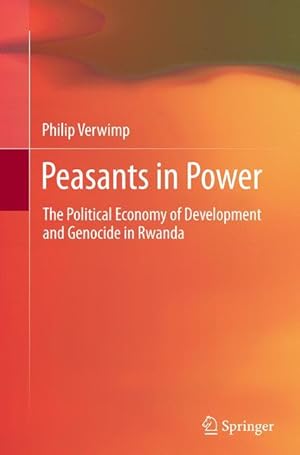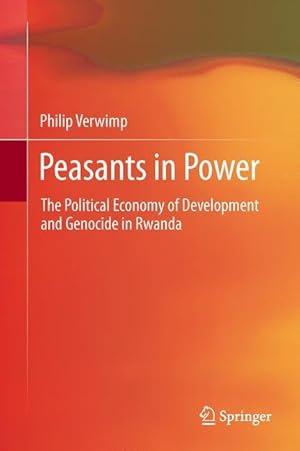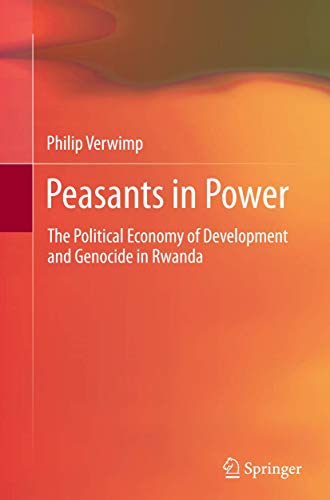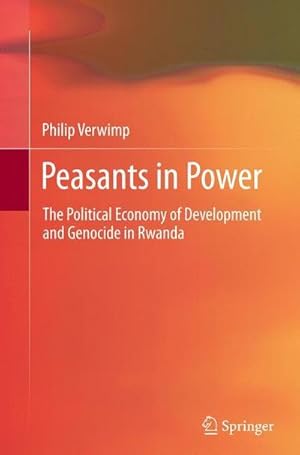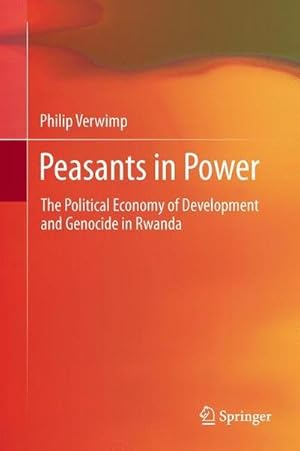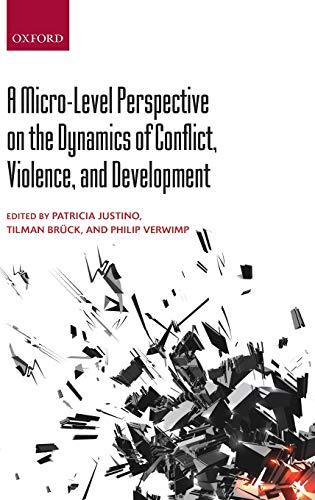philip verwimp (11 Ergebnisse)
Suchfilter
Produktart
- Alle Product Types
- Bücher (11)
- Magazine & Zeitschriften (Keine weiteren Ergebnisse entsprechen dieser Verfeinerung)
- Comics (Keine weiteren Ergebnisse entsprechen dieser Verfeinerung)
- Noten (Keine weiteren Ergebnisse entsprechen dieser Verfeinerung)
- Kunst, Grafik & Poster (Keine weiteren Ergebnisse entsprechen dieser Verfeinerung)
- Fotografien (Keine weiteren Ergebnisse entsprechen dieser Verfeinerung)
- Karten (Keine weiteren Ergebnisse entsprechen dieser Verfeinerung)
- Manuskripte & Papierantiquitäten (Keine weiteren Ergebnisse entsprechen dieser Verfeinerung)
Zustand Mehr dazu
- Neu (9)
- Wie Neu, Sehr Gut oder Gut Bis Sehr Gut (Keine weiteren Ergebnisse entsprechen dieser Verfeinerung)
- Gut oder Befriedigend (Keine weiteren Ergebnisse entsprechen dieser Verfeinerung)
- Ausreichend oder Schlecht (Keine weiteren Ergebnisse entsprechen dieser Verfeinerung)
- Wie beschrieben (2)
Einband
Weitere Eigenschaften
- Erstausgabe (Keine weiteren Ergebnisse entsprechen dieser Verfeinerung)
- Signiert (Keine weiteren Ergebnisse entsprechen dieser Verfeinerung)
- Schutzumschlag (Keine weiteren Ergebnisse entsprechen dieser Verfeinerung)
- Angebotsfoto (6)
Sprache (1)
Gratisversand
- Kostenloser Versand nach USA (Keine weiteren Ergebnisse entsprechen dieser Verfeinerung)
Land des Verkäufers
Verkäuferbewertung
-
Peasants in Power. The Political Economy of Development and Genocide in Rwanda.
Anbieter: Universitätsbuchhandlung Herta Hold GmbH, Berlin, Deutschland
XIX, 276 p. Hardcover. Versand aus Deutschland / We dispatch from Germany via Air Mail. Einband bestoßen, daher Mängelexemplar gestempelt, sonst sehr guter Zustand. Imperfect copy due to slightly bumped cover, apart from this in very good condition. Stamped. Stamped. Bumped. Sprache: Englisch.
-
EUR 110,72
EUR 7,41 für den Versand von Vereinigtes Königreich nach USAAnzahl: 1 verfügbar
In den WarenkorbZustand: New. pp. 298 Illus.
-
EUR 92,27
EUR 48,99 für den Versand von Deutschland nach USAAnzahl: Mehr als 20 verfügbar
In den WarenkorbZustand: New.
-
EUR 92,27
EUR 48,99 für den Versand von Deutschland nach USAAnzahl: Mehr als 20 verfügbar
In den WarenkorbGebunden. Zustand: New.
-
Peasants in Power: The Political Economy of Development and Genocide in Rwanda
Anbieter: Revaluation Books, Exeter, Vereinigtes Königreich
EUR 155,39
EUR 14,25 für den Versand von Vereinigtes Königreich nach USAAnzahl: 2 verfügbar
In den WarenkorbHardcover. Zustand: Brand New. 2013 edition. 200 pages. 9.25x6.50x1.00 inches. In Stock.
-
Peasants in Power | The Political Economy of Development and Genocide in Rwanda
Anbieter: preigu, Osnabrück, Deutschland
Taschenbuch. Zustand: Neu. Peasants in Power | The Political Economy of Development and Genocide in Rwanda | Philip Verwimp | Taschenbuch | xix | Englisch | 2015 | Springer Netherland | EAN 9789401781640 | Verantwortliche Person für die EU: Springer Verlag GmbH, Tiergartenstr. 17, 69121 Heidelberg, juergen[dot]hartmann[at]springer[dot]com | Anbieter: preigu.
-
Peasants in Power
Verlag: Springer Netherlands, Springer Netherlands Jun 2013, 2013
ISBN 10: 9400764332 ISBN 13: 9789400764330
Sprache: Englisch
Anbieter: buchversandmimpf2000, Emtmannsberg, BAYE, Deutschland
Buch. Zustand: Neu. Neuware -This book shows how Rwandäs development model and the organisation of genocide are two sides of the same coin. In the absence of mineral resources, the elite organised and managed the labour of peasant producers as efficient as possible. In order to stay in power and benefit from it, the presidential clan chose a development model that would not change the political status quo. When the latter was threatened, the elite invoked the preservation of group welfare of the Hutu, called for Hutu unity and solidarity and relied on the great mass (rubanda nyamwinshi) for the execution of the genocide. A strategy as simple as it is horrific. The genocide can be regarded as the ultimate act of self-preservation through annihilation under the veil of self-defense.Why did tens of thousands of ordinary people massacred tens of thousands other ordinary people in Rwanda in 1994 What has agricultural policy and rural ideology to do with it What was the role of the Akazu, the presidential clan around president Habyarimana Did the civil war cause the genocide And what insights can a political economy perspective offer Based on more than ten years of research, and engaging with competing and complementary arguments of authors such as Peter Uvin, Alison Des Forges, Scott Strauss, René Lemarchand, Filip Reyntjens, Mahmood Mamdani and André Guichaoua, the author blends economics, politics and agrarian studies to provide a new way of understanding the nexus between development and genocide in Rwanda. Students and practitioners of development as well as everyone interested in the causes of violent conflict and genocide in Africa and around the world will find this book compelling toread.Springer Verlag GmbH, Tiergartenstr. 17, 69121 Heidelberg 296 pp. Englisch.
-
Peasants in Power: The Political Economy of Development and Genocide in Rwanda
Anbieter: Revaluation Books, Exeter, Vereinigtes Königreich
EUR 153,39
EUR 28,49 für den Versand von Vereinigtes Königreich nach USAAnzahl: 2 verfügbar
In den WarenkorbPaperback. Zustand: Brand New. 296 pages. 9.25x6.10x0.67 inches. In Stock.
-
Peasants in Power : The Political Economy of Development and Genocide in Rwanda
Verlag: Springer Netherlands, Springer Netherlands, 2015
ISBN 10: 9401781648 ISBN 13: 9789401781640
Sprache: Englisch
Anbieter: AHA-BUCH GmbH, Einbeck, Deutschland
Taschenbuch. Zustand: Neu. Druck auf Anfrage Neuware - Printed after ordering - This book shows how Rwanda's development model and the organisation of genocide are two sides of the same coin. In the absence of mineral resources, the elite organised and managed the labour of peasant producers as efficient as possible. In order to stay in power and benefit from it, the presidential clan chose a development model that would not change the political status quo. When the latter was threatened, the elite invoked the preservation of group welfare of the Hutu, called for Hutu unity and solidarity and relied on the great mass (rubanda nyamwinshi) for the execution of the genocide. A strategy as simple as it is horrific. The genocide can be regarded as the ultimate act of self-preservation through annihilation under the veil of self-defense. Why did tens of thousands of ordinary people massacred tens of thousands other ordinary people in Rwanda in 1994 What has agricultural policy and rural ideology to do with it What was the role of the Akazu, the presidential clan around president Habyarimana Did the civil war cause the genocide And what insights can a political economy perspective offer Based on more than ten years of research, and engaging with competing and complementary arguments of authors such as Peter Uvin, Alison Des Forges, Scott Strauss, René Lemarchand, Filip Reyntjens, Mahmood Mamdani and André Guichaoua, the author blends economics, politics and agrarian studies to provide a new way of understanding the nexus between development and genocide in Rwanda. Students and practitioners of development as well as everyone interested in the causes of violent conflict and genocide in Africa and around the world will find this book compelling toread.
-
Peasants in Power : The Political Economy of Development and Genocide in Rwanda
Verlag: Springer Netherlands, Springer, 2013
ISBN 10: 9400764332 ISBN 13: 9789400764330
Sprache: Englisch
Anbieter: AHA-BUCH GmbH, Einbeck, Deutschland
Buch. Zustand: Neu. Druck auf Anfrage Neuware - Printed after ordering - This book shows how Rwanda's development model and the organisation of genocide are two sides of the same coin. In the absence of mineral resources, the elite organised and managed the labour of peasant producers as efficient as possible. In order to stay in power and benefit from it, the presidential clan chose a development model that would not change the political status quo. When the latter was threatened, the elite invoked the preservation of group welfare of the Hutu, called for Hutu unity and solidarity and relied on the great mass (rubanda nyamwinshi) for the execution of the genocide. A strategy as simple as it is horrific. The genocide can be regarded as the ultimate act of self-preservation through annihilation under the veil of self-defense. Why did tens of thousands of ordinary people massacred tens of thousands other ordinary people in Rwanda in 1994 What has agricultural policy and rural ideology to do with it What was the role of the Akazu, the presidential clan around president Habyarimana Did the civil war cause the genocide And what insights can a political economy perspective offer Based on more than ten years of research, and engaging with competing and complementary arguments of authors such as Peter Uvin, Alison Des Forges, Scott Strauss, René Lemarchand, Filip Reyntjens, Mahmood Mamdani and André Guichaoua, the author blends economics, politics and agrarian studies to provide a new way of understanding the nexus between development and genocide in Rwanda. Students and practitioners of development as well as everyone interested in the causes of violent conflict and genocide in Africa and around the world will find this book compelling toread.
-
Micro-Level Perspective on the Dynamics of Conflict, Violence, and Development
Anbieter: Buchpark, Trebbin, Deutschland
Zustand: Hervorragend. Zustand: Hervorragend | Sprache: Englisch | Produktart: Bücher.



